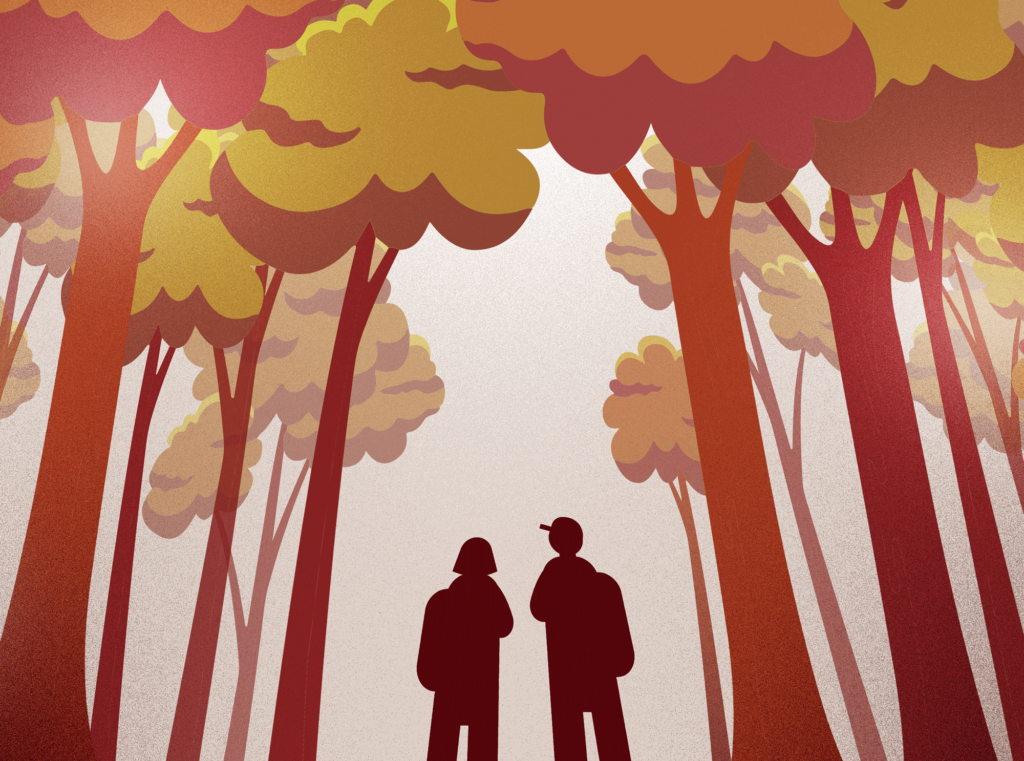
Today, we’ve asked Dacher Keltner to share his Tip of the Week.
I was headed to bed at midnight when I noticed the glow at the bottom of my 18-year-old daughter Serafina’s bedroom door.
“Are you going to bed soon?” I asked.
“I just need to finish studying for my math test after I’m done with science,” she said, in the tense and tight vocal tones of someone working beyond fatigue.
In Serafina’s high school years, I felt powerless to relieve her stress as she raced from dance practices to homework to volunteer commitments. But now I know what I wished I’d done sooner: helped her find moments of awe.
What is awe? Awe is the feeling of encountering vast mysteries that we don’t immediately understand. We find awe in the “eight wonders of life,” everything from noticing someone’s exceptional courage and strength to experiencing the power of nature or feeling transported by soaring music or by the collective movement of people dancing.
Brief moments of awe are good for us. For instance, research my colleagues and I conducted found that children who felt awe were more generous. They spent more time on a tedious task that benefited refugees and were more likely to donate their reward for participating in the study—a chocolate snack or a ticket to a local museum—to refugee children. Awe also benefited the children themselves by making them feel more relaxed and connected to others.
Once you know what to look for, awe isn’t hard to experience. You can find it in moments of daily living—listening carefully to a thunderstorm, watching documentaries, marveling at the human dramas in a city, or watching the dusk sky turn to night. As for Serafina and me, we instituted a nightly walk before she graduated from high school where we ritualistically touched a large cedar tree up the road from our house.
Don’t think you have to travel to an exotic locale or learn the finer points of classical music to find awe.
Do pause and look for moments of awe every day and help young people notice them as well. When you go for a walk, notice the large and the small—the canopy of trees as well as the individual flowers and blades of grass. If you’re building a music playlist, add songs that make you feel connected to the larger world. Begin conversations with open-ended questions that point to mysteries rather than answers. Feeling awe is an antidote to our high-stakes, stressed-out, highly competitive times.
With awe, wonder, and gratitude,
Dacher
Dacher Keltner, a professor of psychology at UC Berkeley and faculty director of the Greater Good Science Center, is the author of Awe: The New Science of Everyday Wonder and How it Can Transform Your Life. He also hosts the podcast The Science of Happiness and teaches the online course Awe in Education: Creating Learning Environments that Inspire, Motivate, and Heal.
